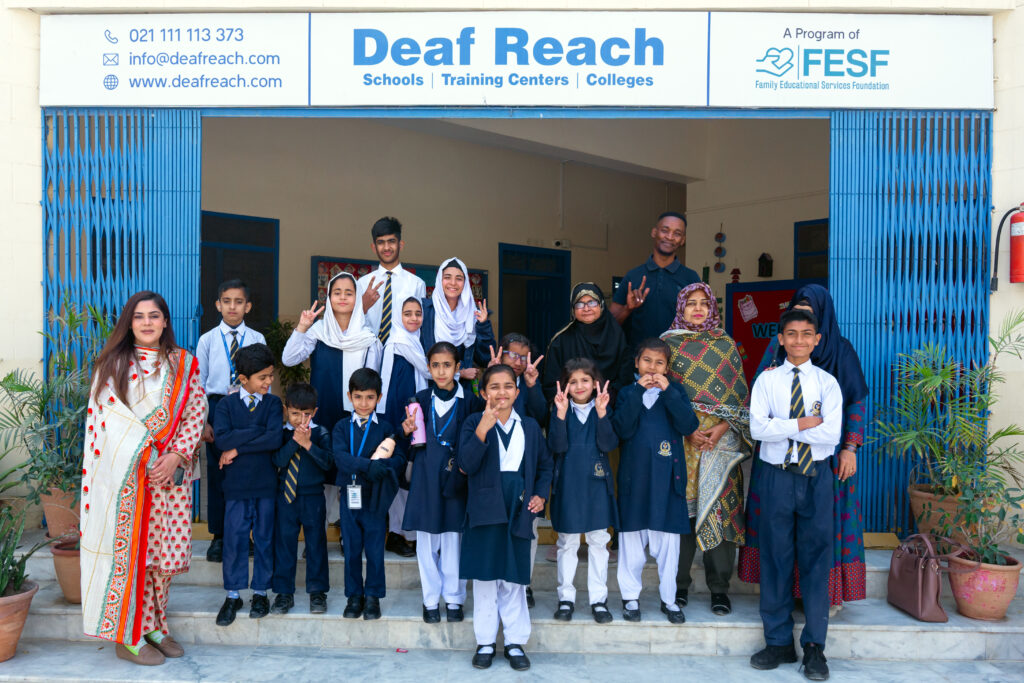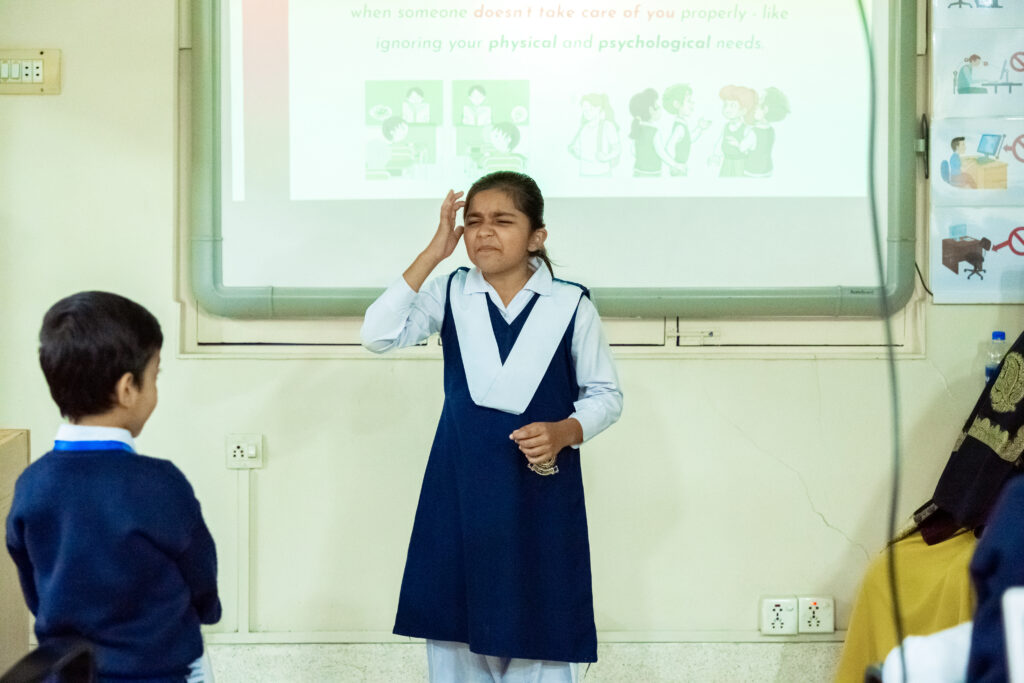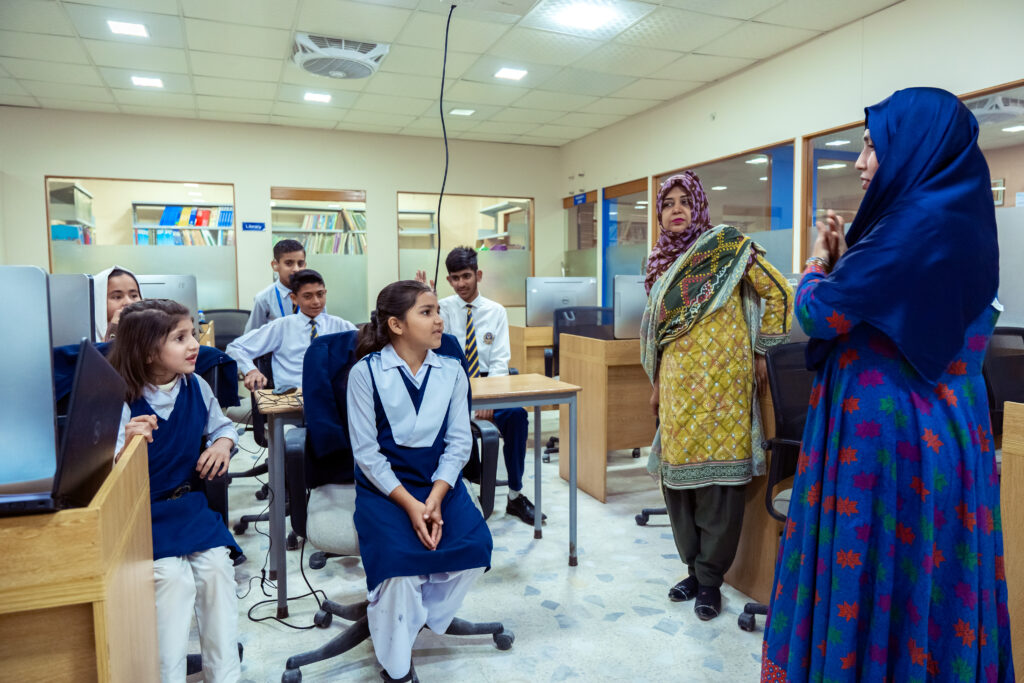
Pheko Raphiri, DeafKidz International’s Training and Community Lead, recently travelled to Pakistan to observe the DeafKidz Defenders programme in several deaf schools. His visit provided valuable insights into the programme’s impact on students and teachers, highlighting its role in safeguarding, empowerment, and inclusive education.
Insights from the Field
During my recent visit to several deaf schools in Karachi, I met dedicated teachers and inspiring children involved in our DeafKidz Defenders programme. These schools actively participate in our initiative, which teaches children how to keep themselves safe. The trip allowed me to assess the programme’s progress while witnessing firsthand the resilience of both students and educators.
The children were incredibly welcoming and full of energy. They demonstrated a deep sense of curiosity and eagerness to learn. Despite the challenges of being part of Pakistan’s deaf community, the students showed remarkable adaptability and determination. The programme has given them more than just a sense of security—it has empowered them to feel safer, understood, and supported. Their ability to communicate and interact has greatly improved through the safeguarding measures and tailored educational tools of the DKD programme.
Many students expressed growing confidence, especially in their interactions with peers and teachers. This shift reflects the programme’s success in creating a more inclusive and supportive school environment. The DKD programme has positively impacted their emotional and psychological well-being. One child shared, “Before participating in the DKD Programme, I never knew that anything like abuse existed. Now I am happy because I can protect myself and will tell my friends about what I have learnt.”

The teachers were deeply dedicated and passionate about their students’ welfare. They shared stories of how the safeguarding programme has been crucial amid rising child abduction trends in Karachi and across Pakistan. This programme helps them support the emotional and social needs of their students, both in and out of school. They stressed the importance of fostering an environment where students feel safe, heard, and valued.
Teachers’ Commitment and Advocacy
It was evident that the teachers are committed to their students’ academic and emotional development. Our discussions confirmed that the programme has raised their awareness of the challenges students face and helped them ensure every child feels secure and protected. Several teachers noted that the training provided them with valuable tools to address potential risks and to advocate for children’s rights both inside and outside the classroom.
The impact of the DKD safeguarding programme has been substantial. One notable outcome is the increased awareness among children about staying safe and knowing they have a Trusted Adult to turn to when needed. The programme has helped students understand how to speak up, say “stop,” and report concerns. This awareness has empowered them with the tools to protect themselves.

The training and resources from the programme have helped educators and students build stronger relationships based on trust and respect.
The children are now more aware of personal safety and have developed a stronger sense of self-worth. The overall atmosphere in the schools shows greater openness, inclusivity, and security.
My visit to the deaf schools in Pakistan confirmed the positive impact of DeafKidz Defenders. It is clear that the children benefit from a safer, more supportive learning environment, and the teachers are better equipped to help them thrive. The programme has made a tangible difference in the students’ lives by contributing to their well-being and safety. We remain committed to continuing and expanding this programme so that more children can grow and learn in environments where they are protected and empowered.
